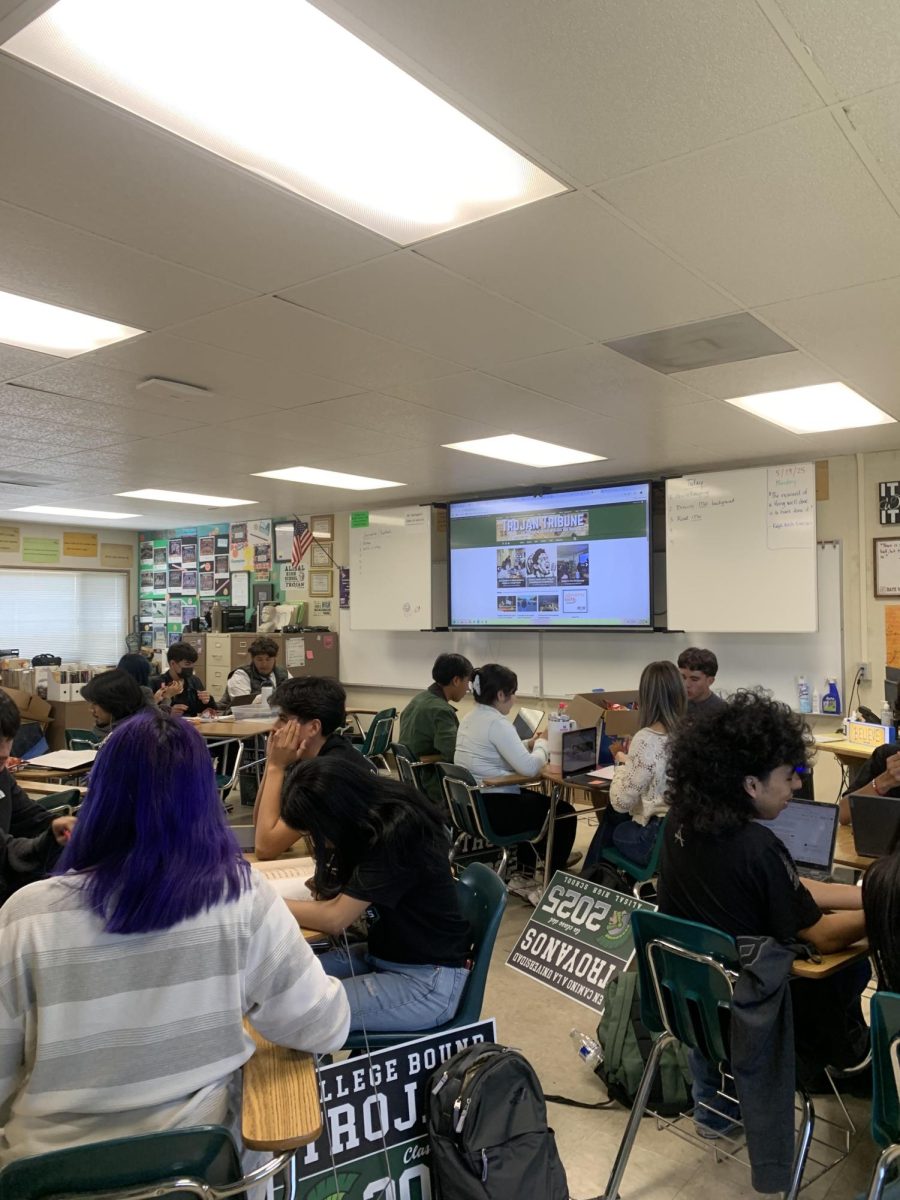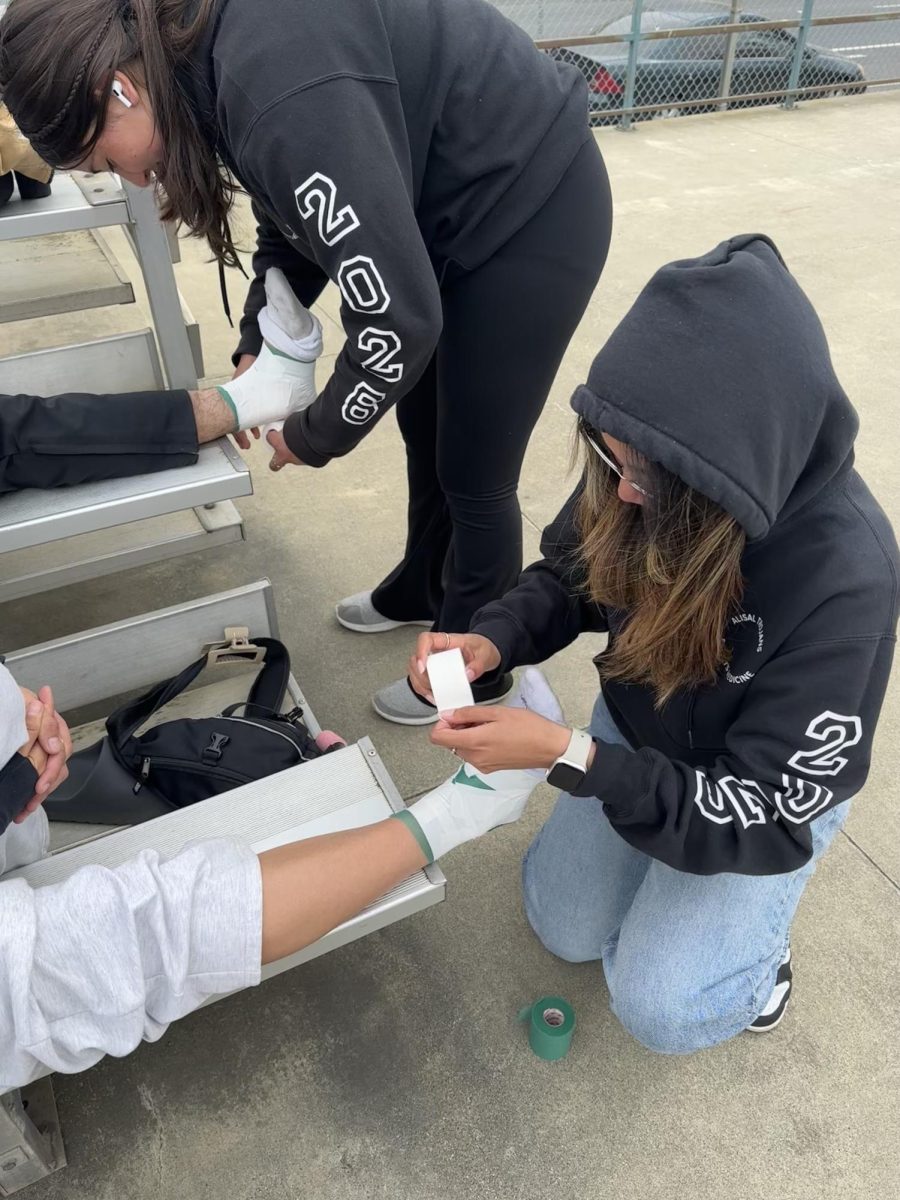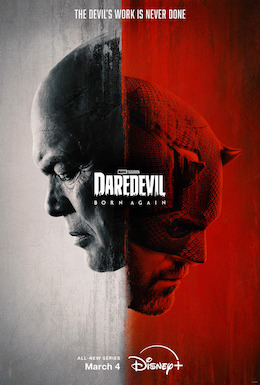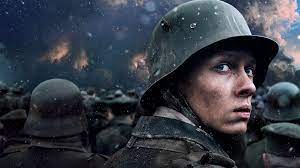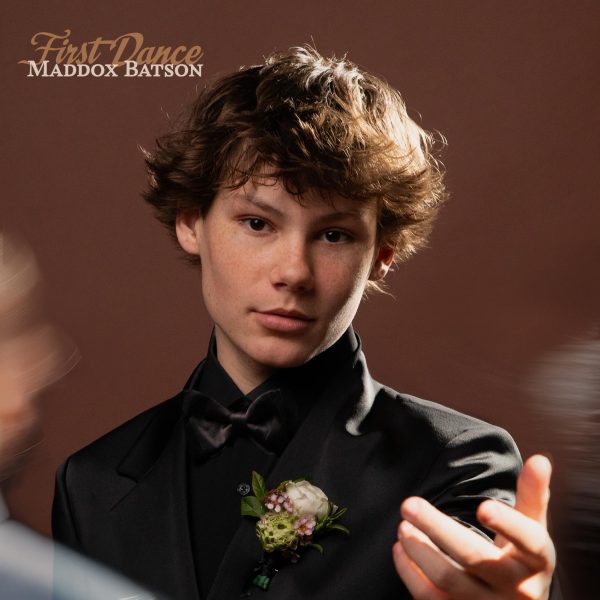Review: All Quiet on the Western Front
Most war movies focus on Americans or the British, but the classic All Quiet On The Western Front gives the perspective of the Germans during World War I. The Netflix film is in German with English subtitles and is the third iteration of Erich Maria Remarque’s novel.
We follow Paul Baumer, a young German soldier who enlists in the military not knowing the horrors he’ll have to endure. Where in most war films the Germans are the antagonists, in All Quiet On The Western Front we see the Germans in a new light, making them more understanding and sympathetic.
First of all, the visuals were amazing. I think the production team did a pretty good job with the color palette throughout the movie by making everything have a darker tone in color through the change in lighting. Where they made it look cloudy and little to no sunshine at all. While also setting the tone of the movie, telling us that this movie isn’t going to be like other movies about war and just having darker themes in general.
Design wise, the team did well in the designs of the costumes, which were on point, a German uniform with a trenchcoat or with a jacket and straps that carried the essentials like food, water, medical supplies, and ammunition. They also did well with the setting, making it look rough due to the amount of bombs hitting the ground as well as the barbed wire that was spread across the field. It also looked bare, where there weren’t that many traces of life other than a few dead bodies scattered around the field. Even the World War I era tanks and the bunkers in the trenches, equipped with a small kitchen and storage area were done well.
Something else that makes this movie great was the placement and the choices of the background music. The production team strategically placed the music in only the important parts of the movie. Scenes like when the higher ups would meet up, the sound of drums would play. They would also sound when the soldiers are making their way into the trenches to continue another long day of fighting. As well as the sound of an electric guitar a few seconds before the fight begins. Then at the end of the movie, we then have an orchestra play a requiem, which is a form of song that is reserved to be played for the dead. Giving them, the soldiers, a final send off. As well as emphasizing the amount of people who died during the war. About 20 million people have died, while in the trenches that the movie based on, where Paul was stationed and fought in, three million have lost their lives. Barely even gaining a few inches of land by the end of the war.
But what the movie did best overall, was the action and the acting. The actors also did great in portraying their roles, from their fear to their distress when it came to the fight scenes. Their hopes of what they will be doing if they managed to survive the war. Whether they were background characters, supporting cast, or the main protagonist, these actors really did give it their all.
These actors also had to condition themselves in order to be able to act out scenes that required them to lift equipment as well as running when the fight scenes ensue. The actor for Paul Buamer, Felix Kammerer, stated that he had to go out on runs in order to be able to act out the scenes where Paul was running as well when lifting equipment too. It also helped with getting the audience to feel bad for these soldiers because, not only were they mostly young, they also had a small chance of surviving from combat, as well as diseases, but the movie focuses more on combat and the narrative of the film. They showed so much raw emotion that it really hits you like a brick, because you realize that most of these people won’t be able to see another day.
The movie also did great with Paul’s character development as the war progressesWe see his mentality change from that of someone who is naive, to someone who just wants the war to be over and go home. But he doesn’t just change mentally, he also changes physically. He goes from looking young and healthy to someone who looks worn out, bags in his eyes, face dirty, and he looks much older than he actually is. He also looks frail from the lack of food due to shortages of it because of delays or not having enough to go around. Having to cut meals short and save as much as possible. We see their hunger when Paul and his friend Kat (Albrecht Schuch) go to a farm to steal a goose in order to at least have a decent meal than what they are given.
The biggest change is in Paul’s mentality, all the way to his breaking point. The way Paul views the war changes once he experienced the loss of one of his friends during his first battle. Where he stumbles out of the rubble, trying to find his friend, only to stop when he finds his glasses. Paul gently picks the glasses up and it hits him, his friend just died. He’s gone and Paul is never going to see him again. This is the part where Paul is faced with the reality of war, where he is proven wrong about it and that it wasn’t going to be an adventure, but a nightmare that has become a reality.
There are more scenes that break Paul more and more as the war drags on. Which is what, aside from the acting and the action, makes this movie great. Humanizing an antagonist, the Germans, when the majority of the movies portray them as evil. This is the movie’s greatest achievement that has a lot of impact towards the audience. A scene that I think that humanizes the Germans is when the soldiers get a small break from the battle, enjoying what little food they have, talking with each other of what they are going to do after the war, laughing, and joking around before they have to go back to the trenches. It’s scenes like this that reminds us that the Germans were people too and they each had their own hopes of what they wanted to do after the war if they managed to survive.
All Quiet On The Western Front has great visuals, plot, and characters. The movie reminds the audience how brutal and destructive war can be, but through our darkest moments, we are able to see the light by clinging to what little hope we have. It is a great movie for those who are interested in seeing a war movie through a different perspective.
Overall, I give this movie a 9 out of 10. One thing that doesn’t make it a full ten was mostly how brutal it could get. The movie doesn’t sugar coat anything, it shows war how it is, in order to get their message across that war is a terrible thing where it only brings massive amounts of deaths, whether civilians or soldiers.
The final message of the film is that in war there is no winner or loser, there is right or wrong, no good guys or bad guys, just who was able to survive long enough to live and see another day.
Your donation will support the student journalists of Alisal High School. Your contribution will allow us to purchase equipment and cover our annual website hosting costs.




